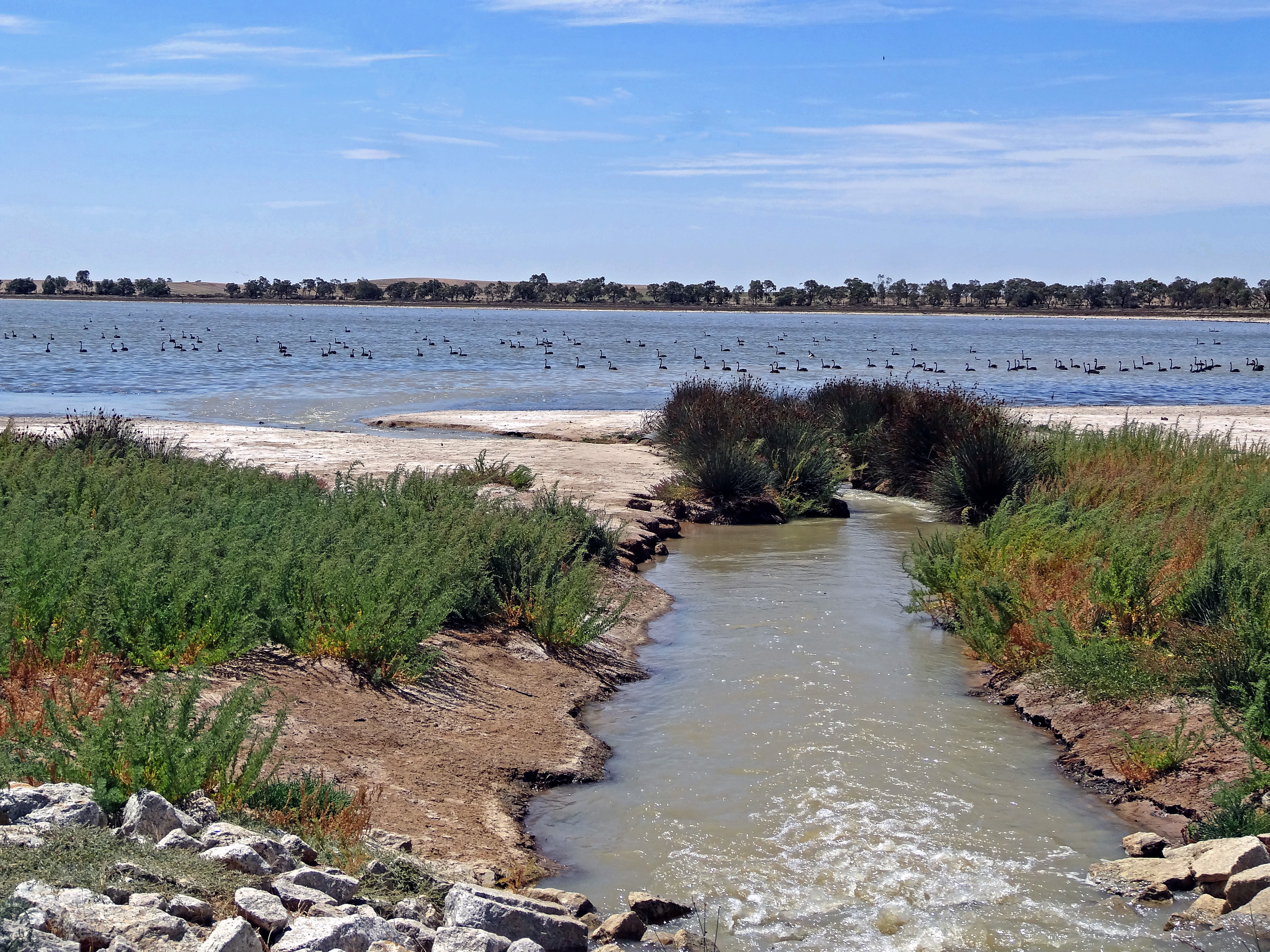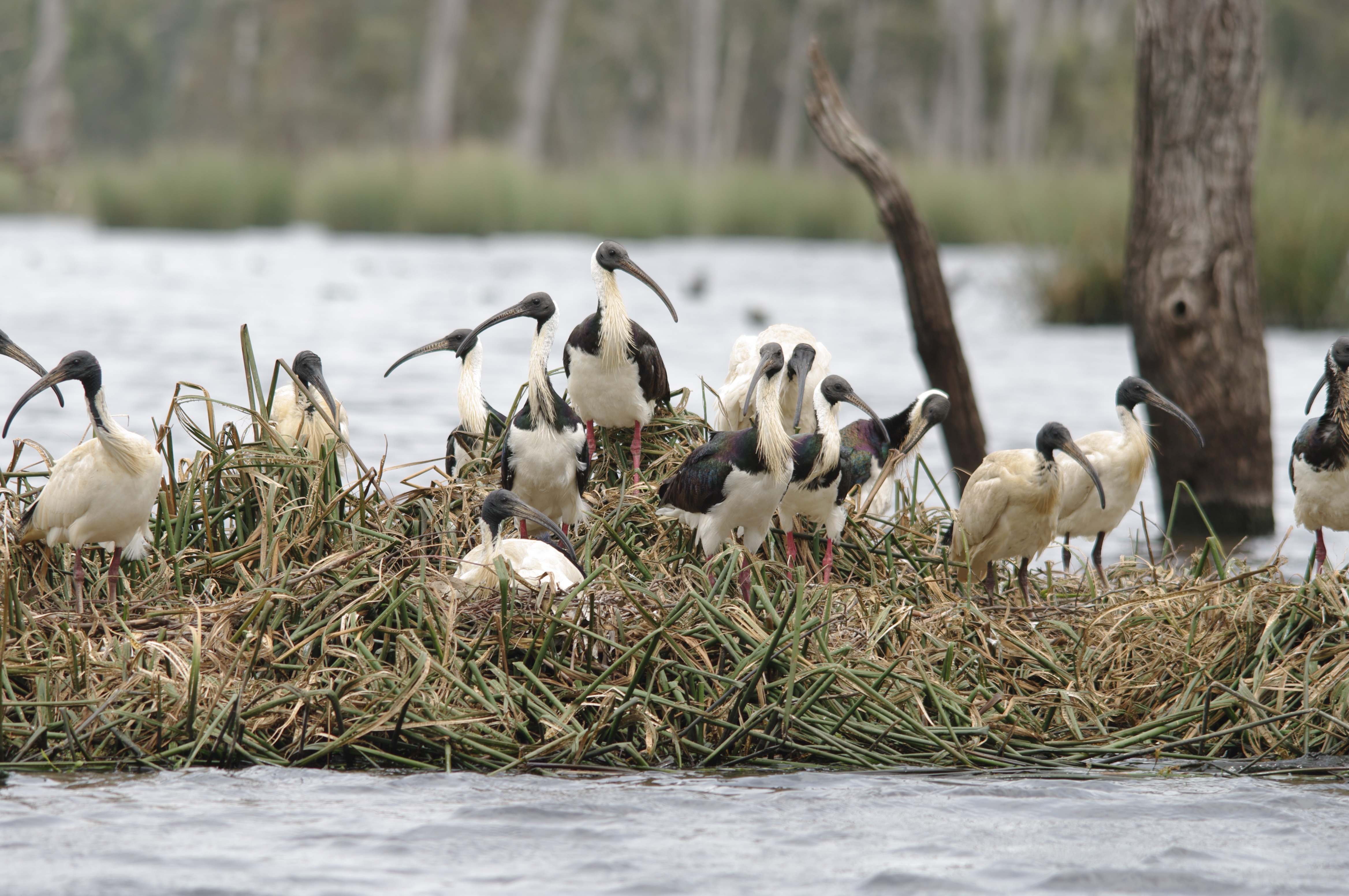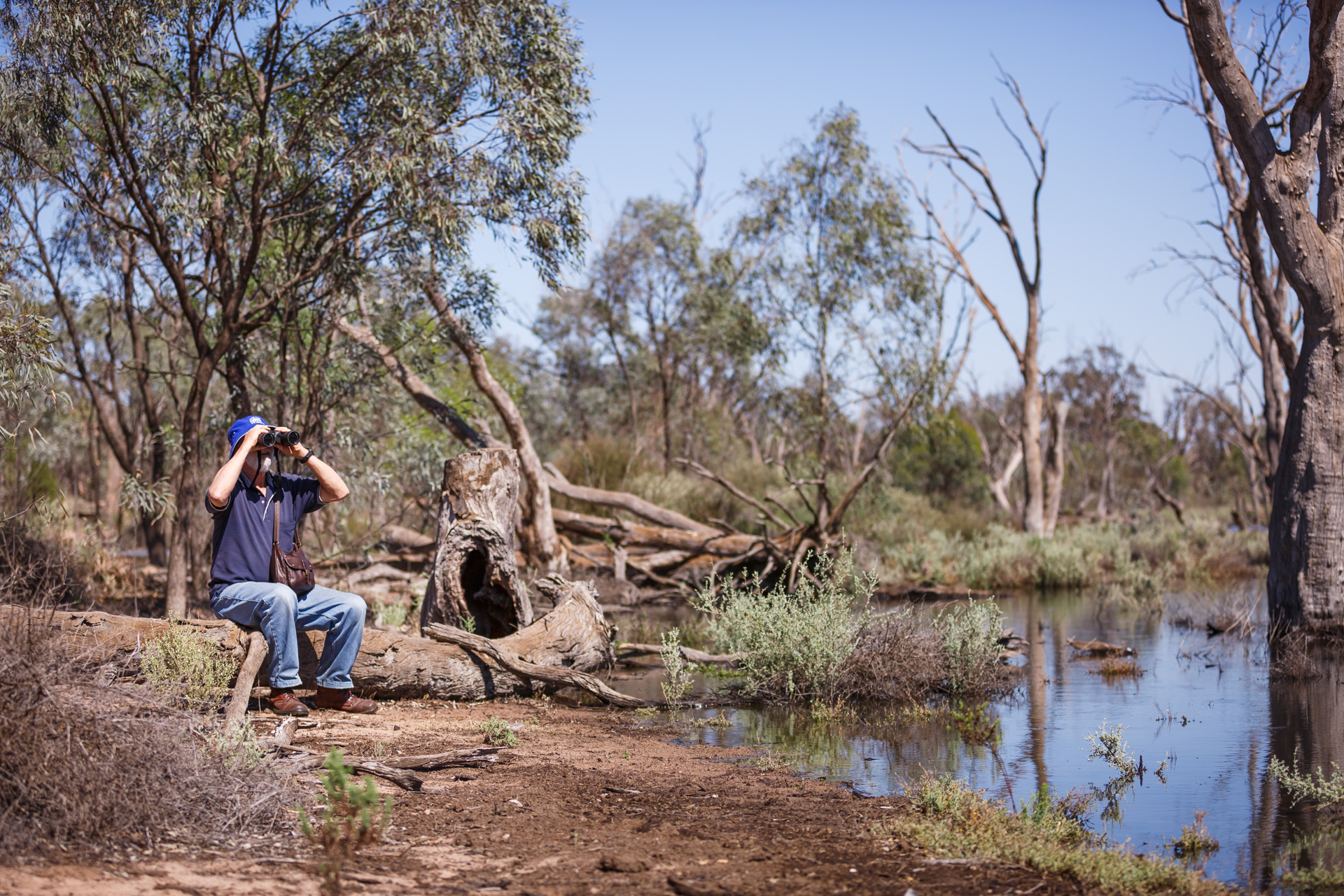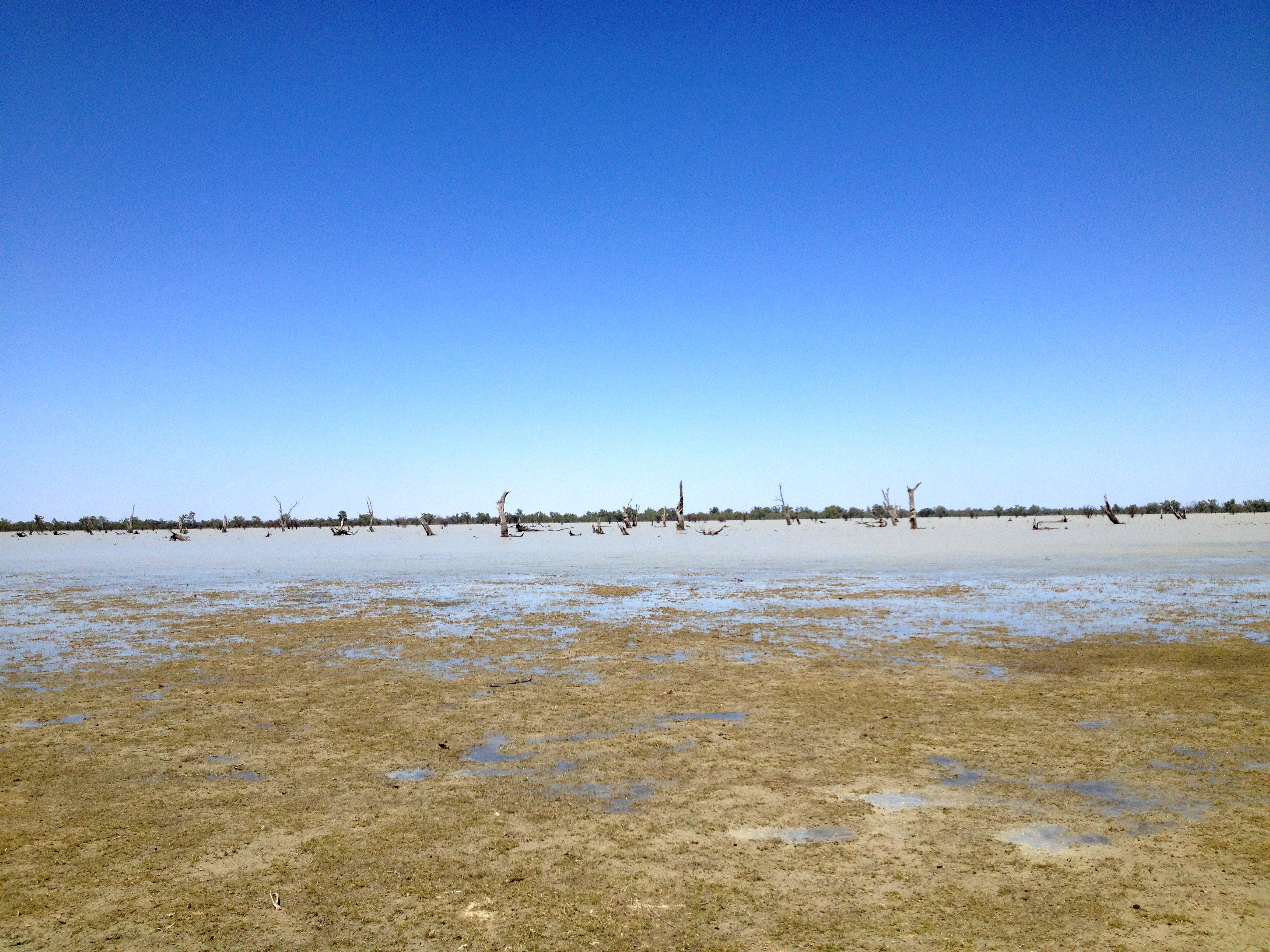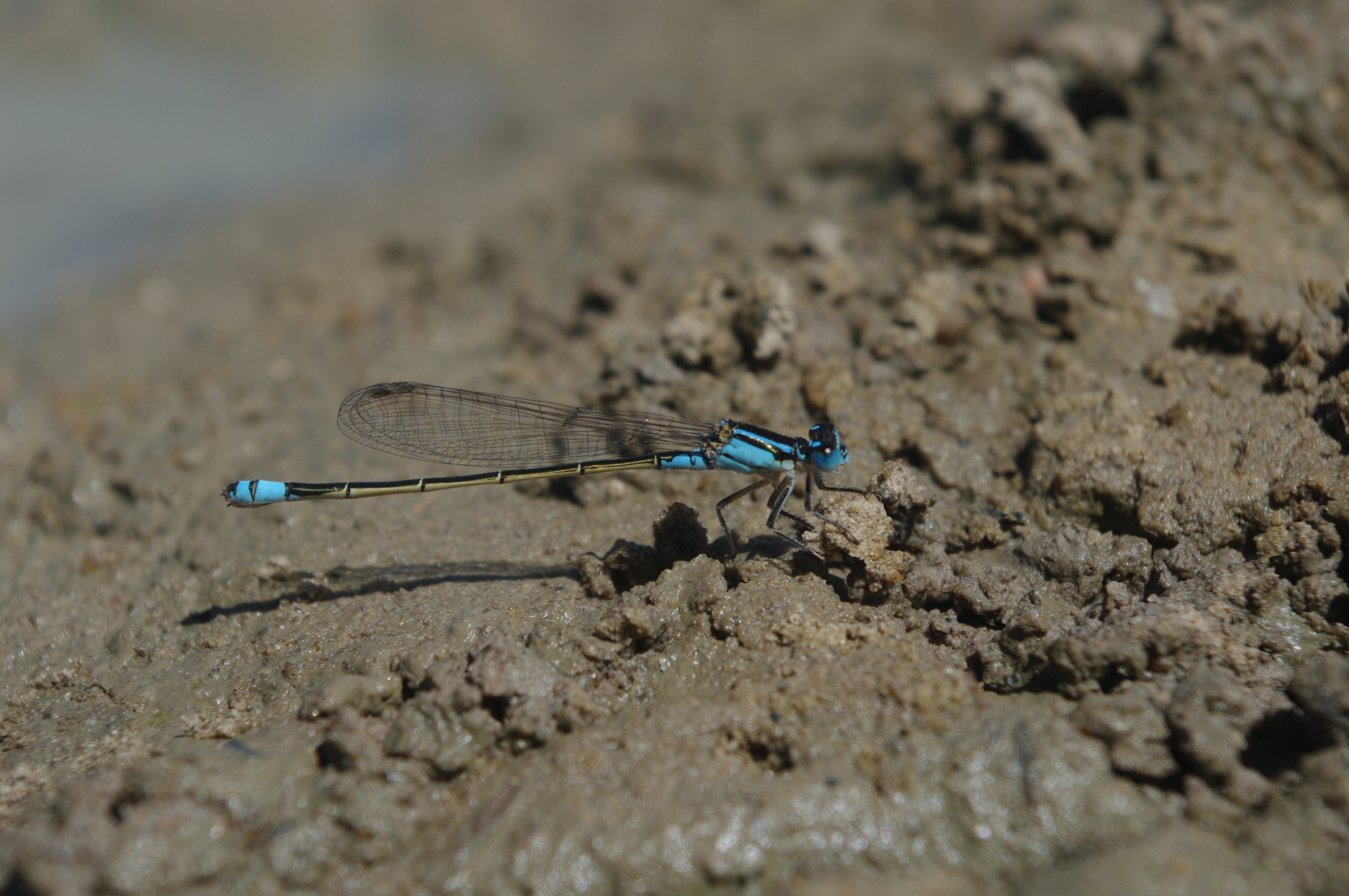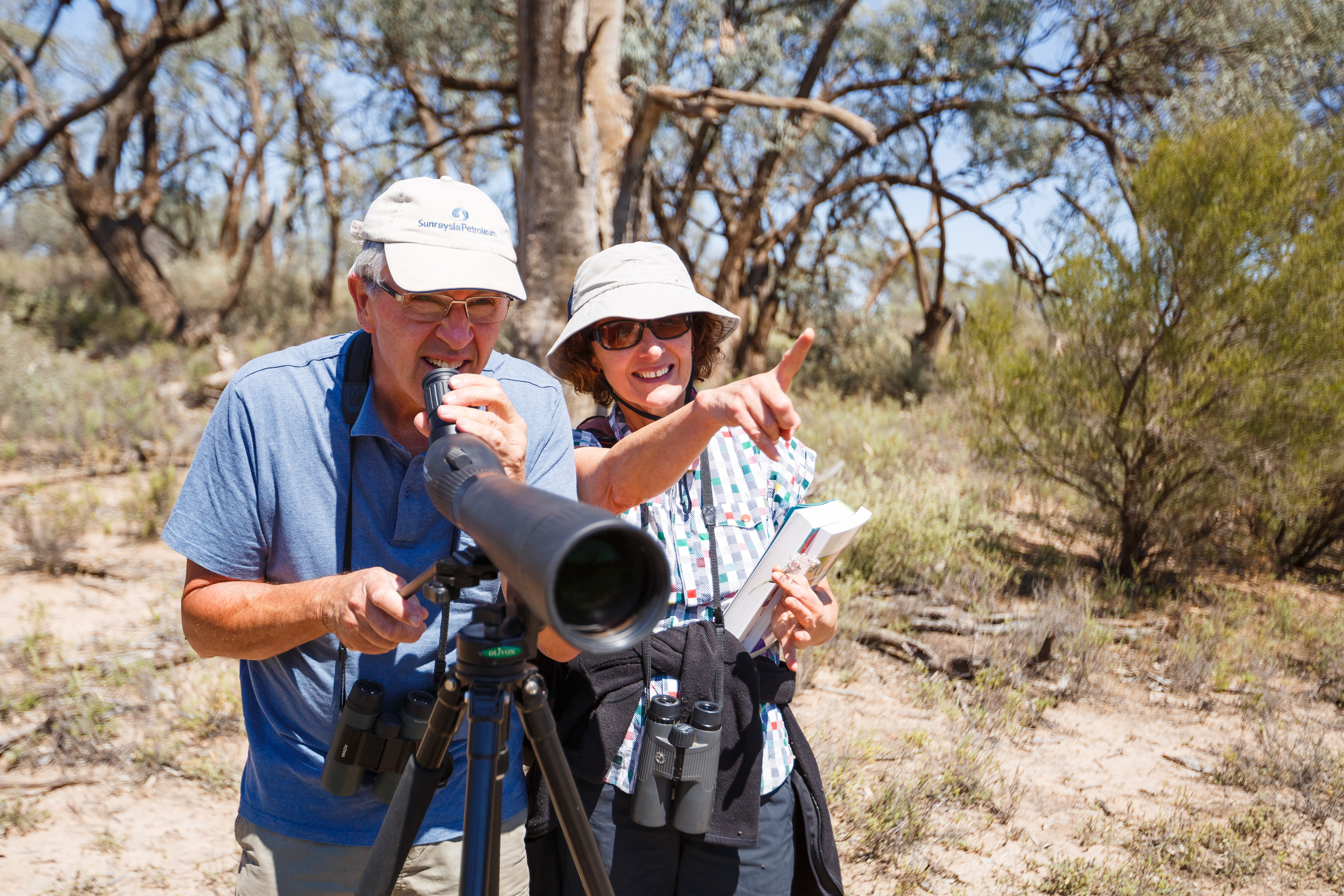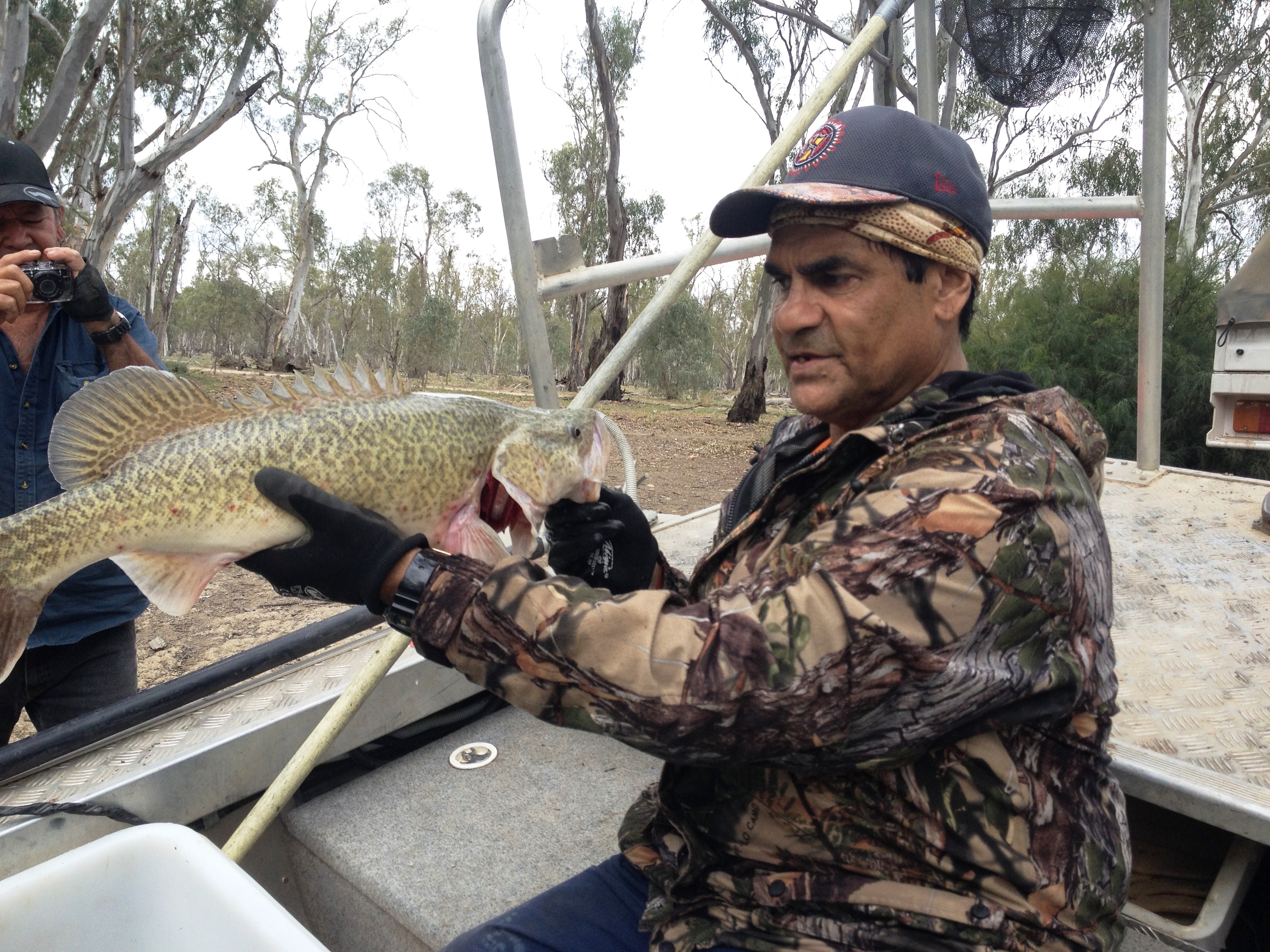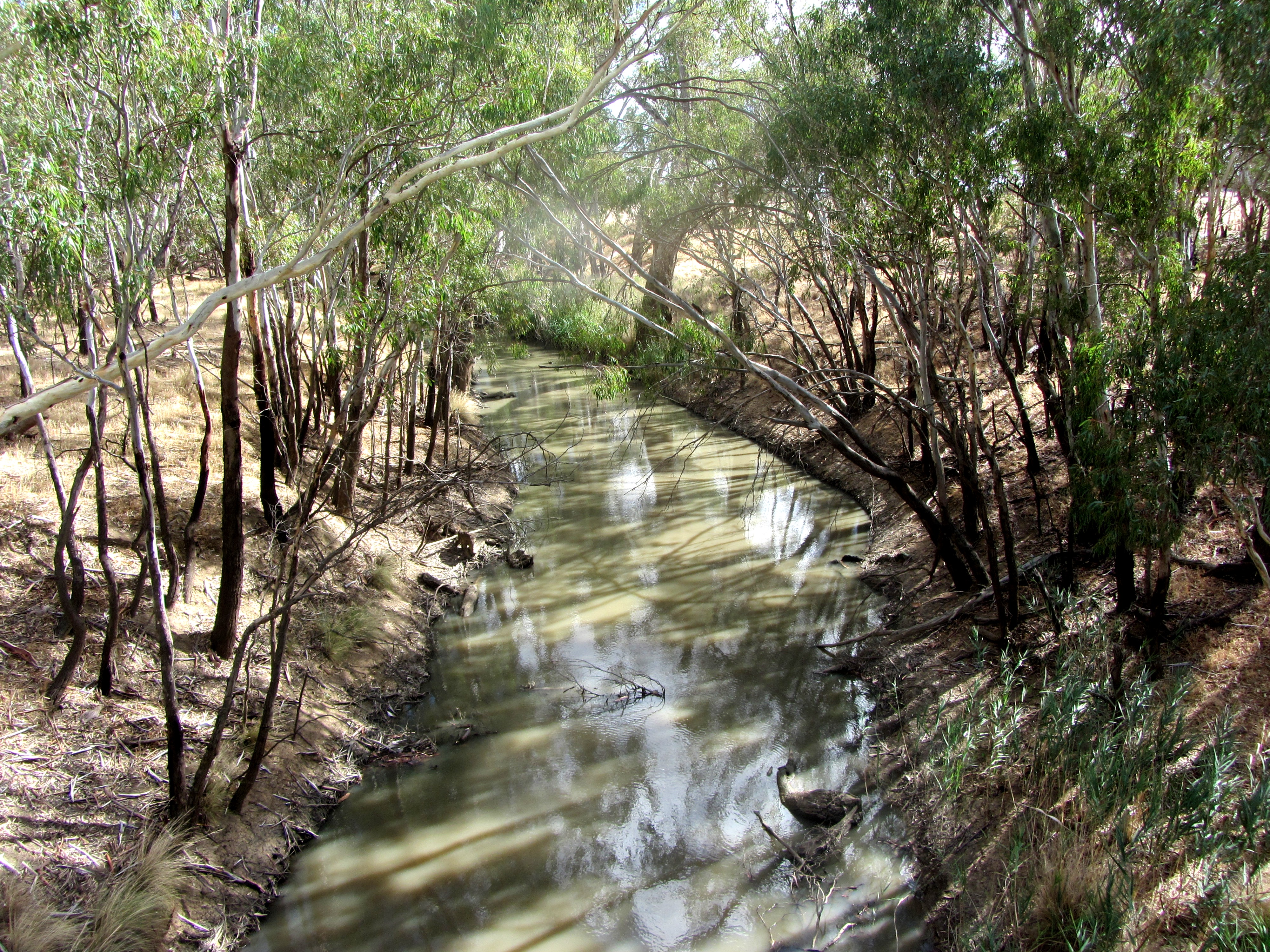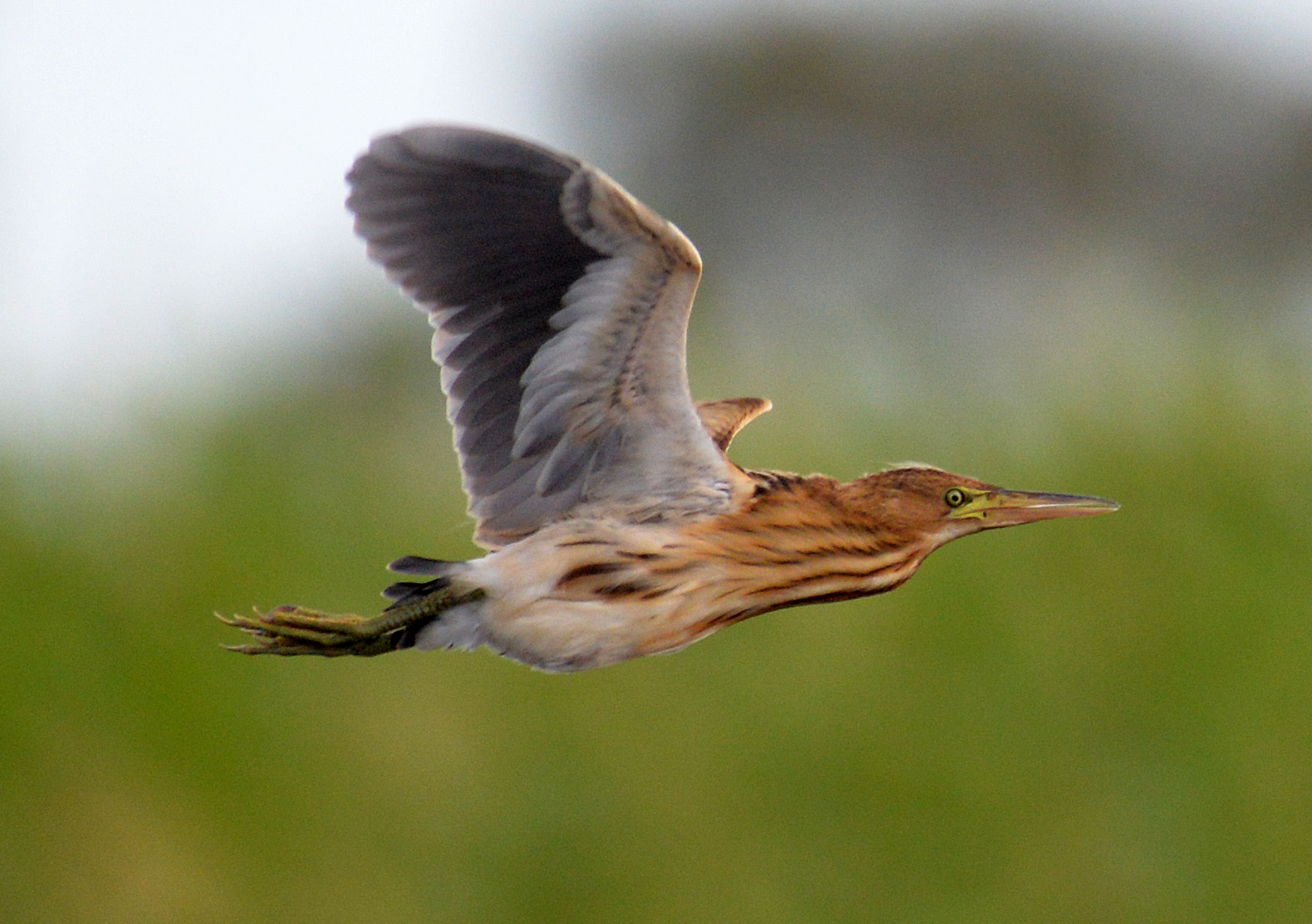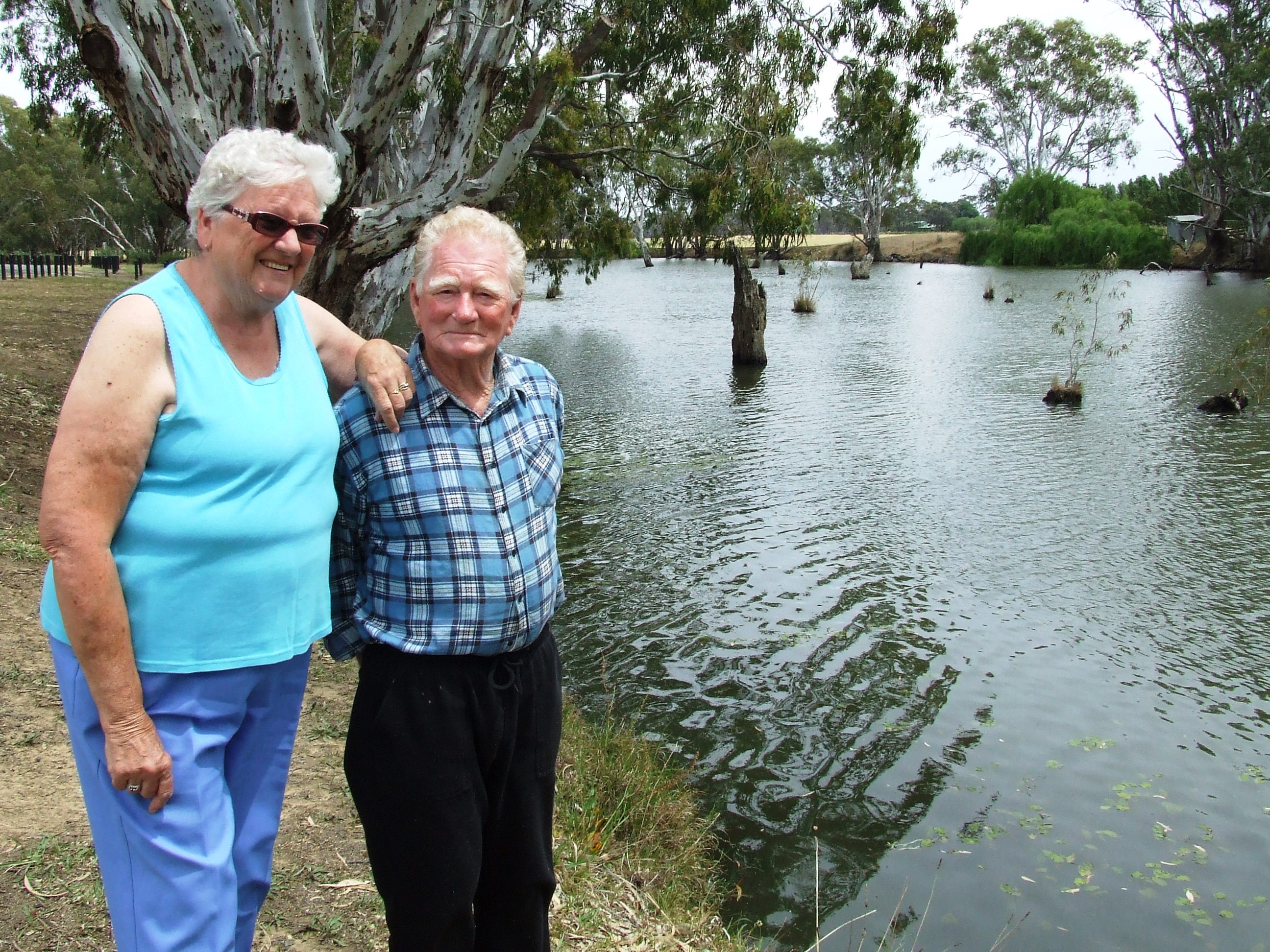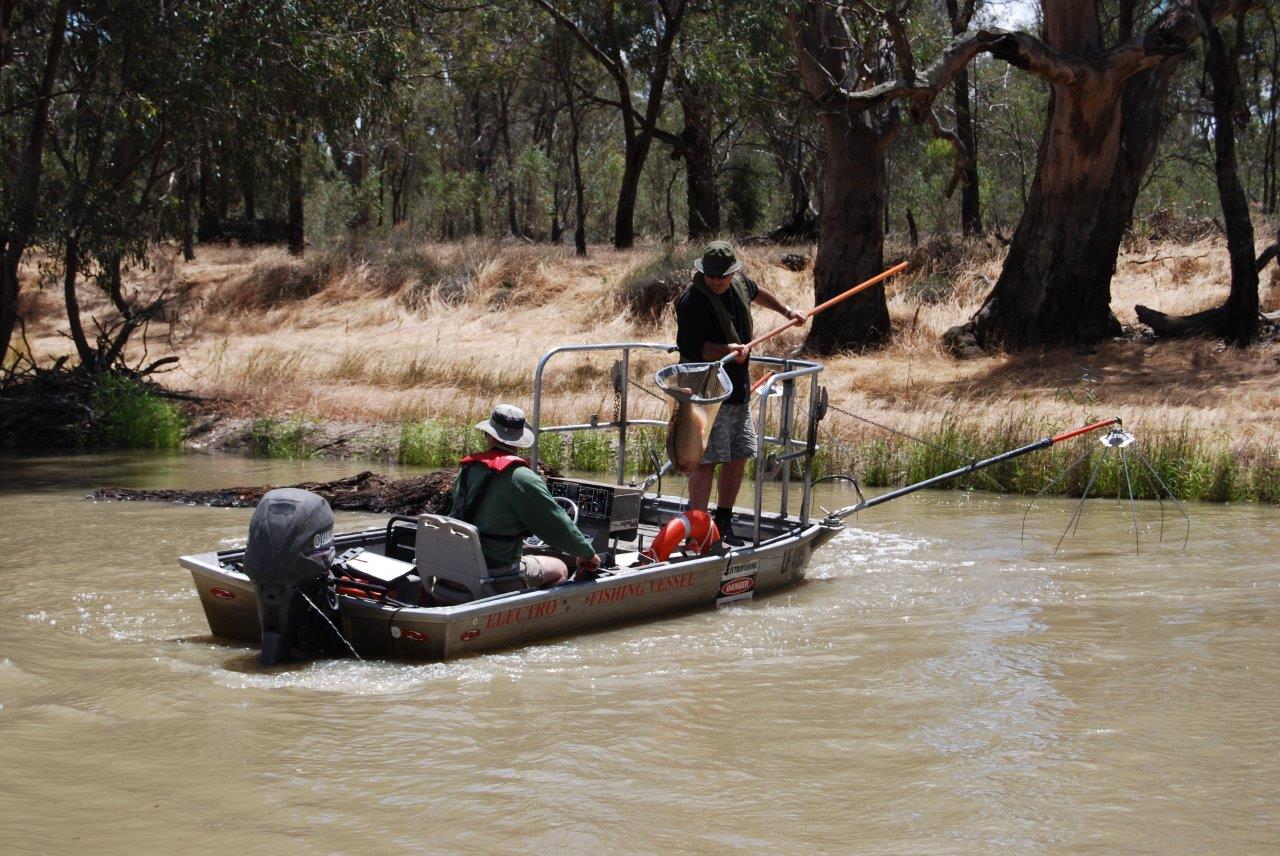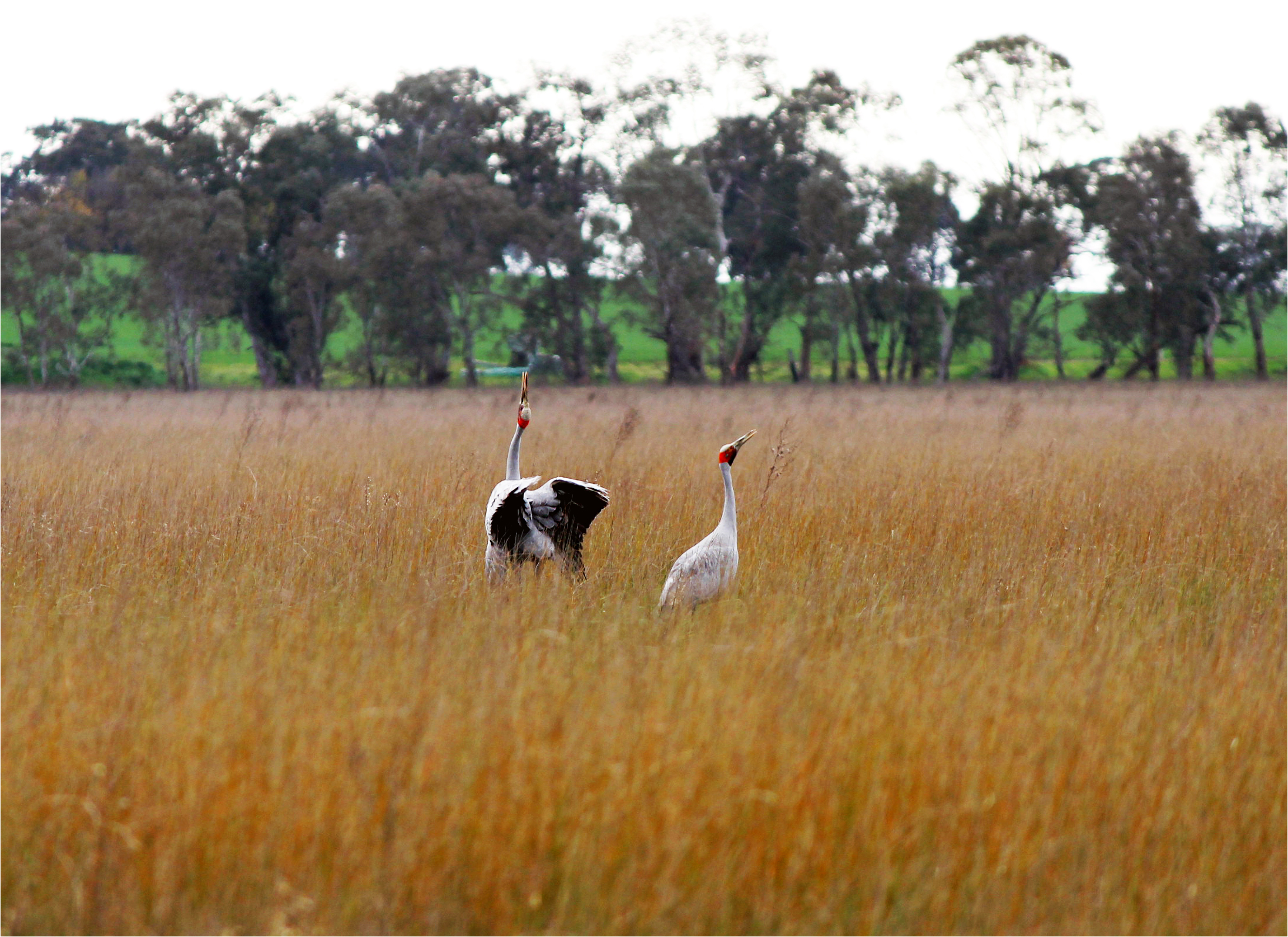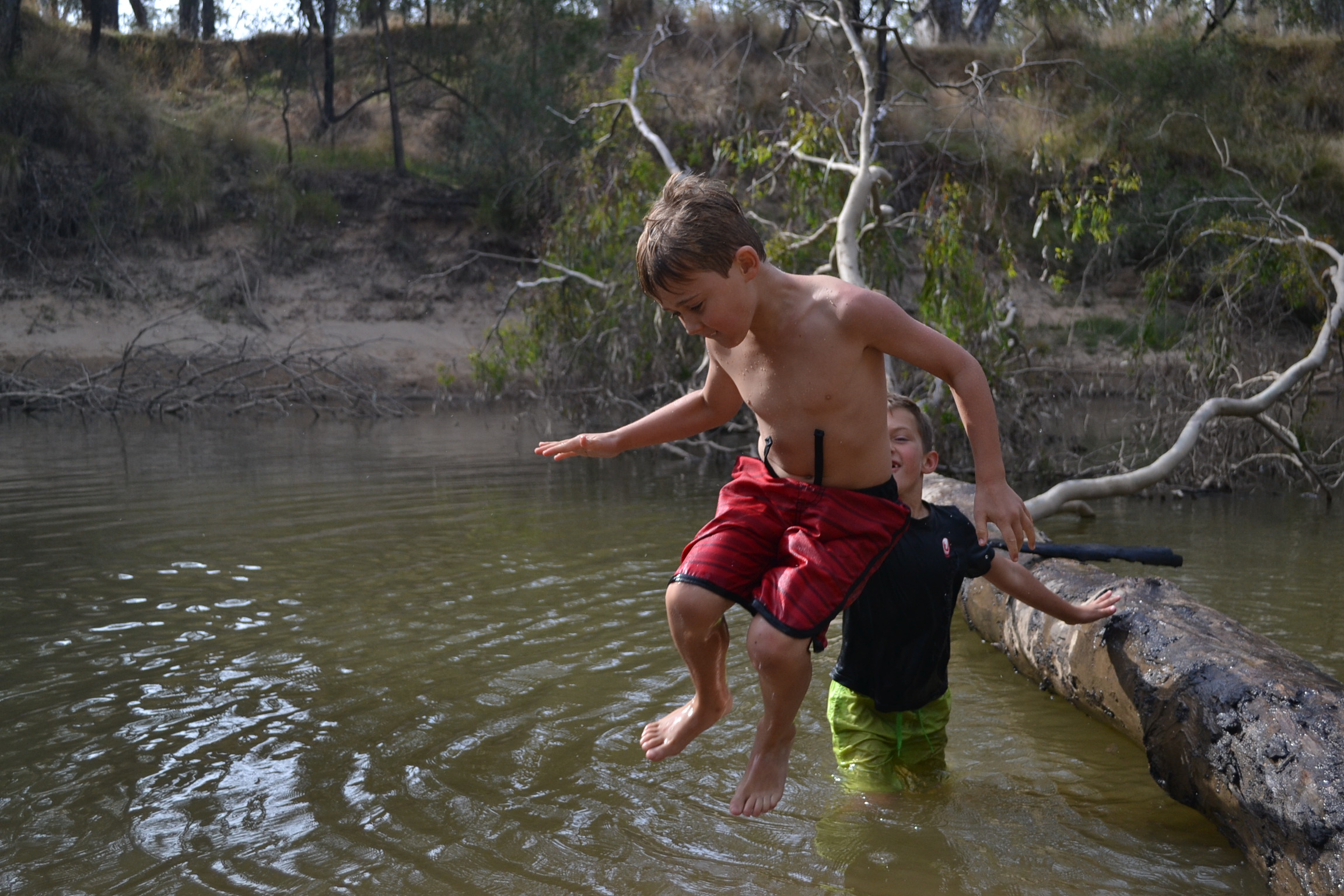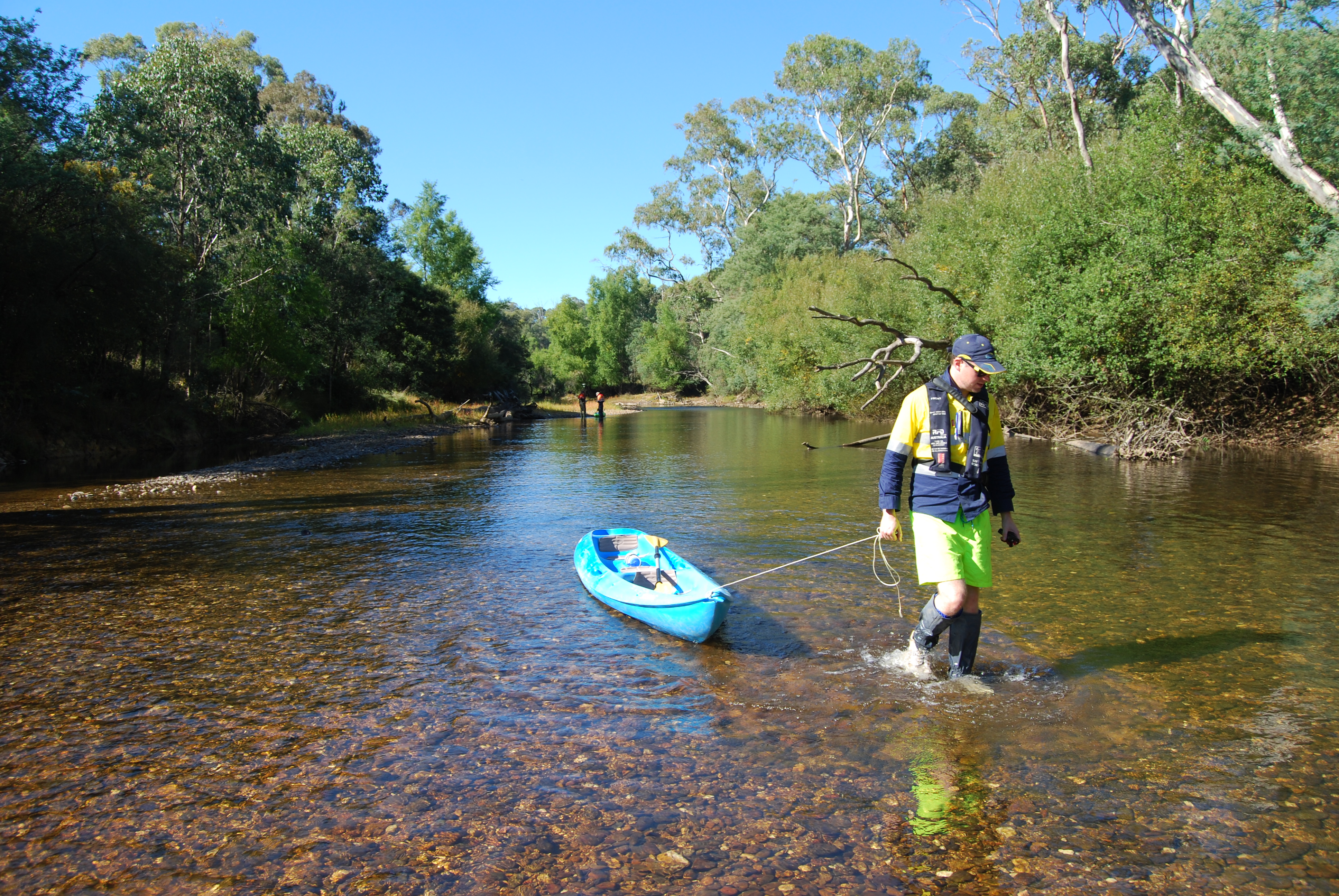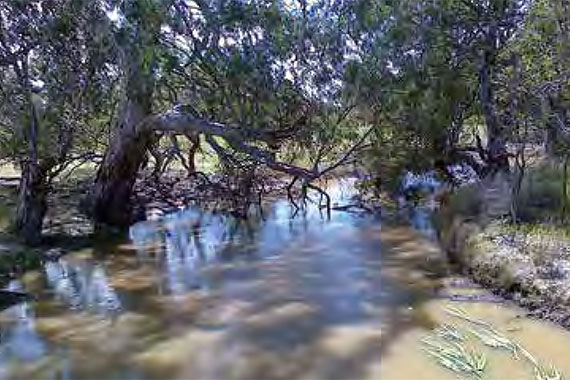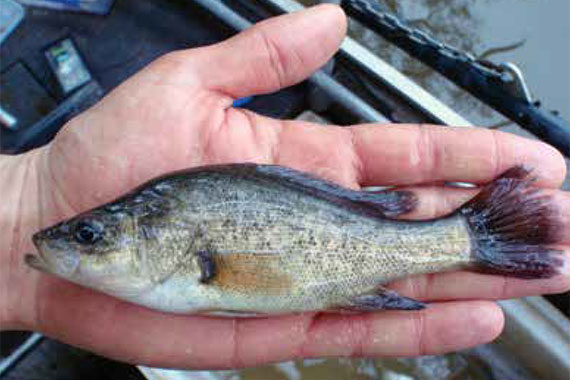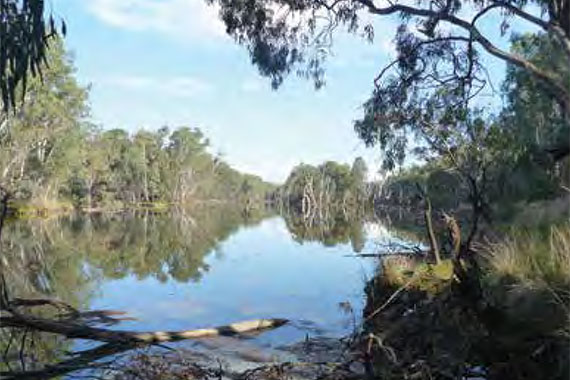First Nations from many parts of the Southern Connected Basin gather regularly in solidarity to share information between Nations about the health of Country and discuss our water objectives and inherent rights.
This includes our desired outcomes from the management of environmental water on our Countries. In 2021 we agreed to contribute a collective statement about environmental water use. Our statement is a living document. It will grow and adapt overtime as the social, political, and climate pressures facing our people and Countries evolve.
We first gathered in April 2021, on Latji Latji Country in Mildura, and subsequently online in November 2021 and again on Ngunnawal Country in Canberra in April 2022.
We want water holders, managers and decision makers to hear these key messages:
Respect water, Country and lore
First Nations are endeavouring to guide and collaborate with Government agencies to improve river health. But the inherent risks of the settler – colonial water management systems, that have been imposed on our Countries, must be addressed. The current water regime in the Murray-Darling Basin ignores the principles and knowledges that underpin our practices of caring for Country.
Water can never be ‘owned’. Water and rivers have life and spirit which cannot be bought and sold. All ‘ownership’ of water in this Country is based on the dispossession of First Nations and imposition of colonial legal frameworks. We have never ceded our inherent rights as guardians and caretakers of rivers and waters including our groundwaters. First Nations lore provides a holistic, interconnected management system, where all elements contribute to the good of the whole.
We want to collaborate, but we do not accept or endorse the legal and management frameworks that have been imposed on our rivers and groundwaters. We ask our partners to respect our water spirits, knowledge and lore.
Address our concerns
We have major concerns about the legal, policy and governance settings that dictate how our rivers flow and how we get a voice. These include:
- Overallocation of water and water allocation decisions which do not leave enough in our rivers or groundwaters to sustain their survival or meet our cultural needs
- Over reliance on damaging infrastructure to regulate and replicate complex natural systems, with little real benefit to our Countries
- Short term decision making that doesn’t properly account for a changing climate
- Limited commitment to and resourcing for First Nations participation and empowerment
- Decision making that excludes First Nations’ rights and interests
- Commodification and trading of water that disregards the limitations of natural systems
- Water theft and illegal extraction
- Inequitable access to water and poor distribution of the social and economic benefits it can bring
The settler-colonial water framework has generated perverse outcomes which we contend with on a daily basis. The mindset of water management needs to change. Reform of Federal, State and Territory legislation and policy is a must in pursuance of First Nations principles for a sustainable interconnected Murray Darling Basin system.
Recognise that our rivers are at risk
We see examples where environmental water is helping to heal Country, but the overall policy and legal settings mean our waterways and cultural values are at risk.
Our biodiversity is suffering. We are struggling to save remnants of our ecologically and culturally significant landscapes. We are being asked to prioritise some places, while we watch others decline or die. We are grappling with this reality.
Infrastructure, including dams, weirs, regulators and pumps, is segmenting our waterways and damaging our Country with little real benefit. There is too much regulation of the floodplain and huge investment in infrastructure without proper engagement with our people.
Fluctuating river levels and unseasonably high flows, driven by consumptive demand, are degrading our waterways and cultural values. Land use is driving unsustainable water demands and limited channel capacity means we can’t get water to where we need it when it is needed.
Water holes are silting up. Bank erosion and slumping is causing huge impacts on cultural heritage.
Poor water quality, algal blooms and salinity are being compounded by the disruption of natural systems that flush and clean our rivers and wetlands. Waterways, creeks and wetlands are being left to dry out, exposing cultural sites and degrading cultural values.
The health of significant trees and medicinal plants is declining because of lack of water, impacting on our cultural sustainability, health and wellbeing. Culturally significant birds and animal species are not seen where they used to be. There are not enough native fish in the system.
Delivering water to our wetlands and billabongs through artificial systems can mean delivering the wrong water for Country. Legal and infrastructure constraints restrict us from being able to direct water to where we need it.
Help us protect and grow the things that are important to us.
We are passionate about working together to protect and sustain our waterways.
We need the agency and life force of the river to be respected. We want to see more water going out onto Country and filling all our creeks and billabongs. We want water holders and managers to work with us, looking at the whole system and how to restore it to what it was, with adequate flows and proper timing. We want overbank flows to support total system health.
We want increased recovery of water for the environment, not decreased.
We want to see the Murray Mouth open and salt being flushed from the system.
We want the lakes, billabongs, creeks, wetlands and rivers that are important to us to get the water they need to thrive. We want to see dry and degraded wetlands restored to life with culturally informed watering to protect our cultural, spiritual and heritage values.
We want regular re-connecting flows from floodplains and billabongs, allowing the life in our natural nurseries to restock and replenish the river. We need adequate, sustained flows through our rivers to keep them connected and mitigate variation from irrigation demand.
We want healthy water to flow into, around and through our Country to all mobs downstream. We want the nutrition and healthy water from upstream to replenish Country. We want to build back biodiversity and Traditional Owner management to improve water quality. We want to collaborate with all mobs to ensure a healthy system, renewing cultural connections between Nations.
We need to exercise self-determination over the development and operation of infrastructure on Country. We want to be empowered to use our natural and cultural infrastructure, billabongs, fish traps and breeding structures, to slow down flows and recharge the landscape.
We need adequate healthy water for improved tree health and thriving floodplain forests with Red gum, Black box and Yellow box.
We need flows to replenish the floodplain and support our important cultural plants like Old man weed, grasses and sedges, Nardoo, Cumbungie and milfoil. We want to see water birds, ducks, swans and Brolgas, returning and thriving in our wetlands.
We need connectivity and good water quality to support native fish including Black bream, Congolli, crayfish, mussels, small bodied fish, shrimp, Shield shrimp, yabbies, Yellow belly, Murray cod, catfish, Black fish, Murray hardyhead and Trout cod. We want turtles, Platypus, frogs and all the other animals that rely on water to be able to return to Country.
We want co-management of all environmental water. We want to be empowered to make the decisions about how environmental water is used. Prioritisation and water planning should be driven from the ground up, by First Nations. Give us control and we will show you how to heal Country and, in doing so, we will maintain intergenerational transfer of knowledge.
We want water managers to listen deeply to what Traditional Owners and Elders have to say and to help us access your science to back our objectives (not the other way round).
We need policy changes, transparency and reviews of the existing entitlement system. We need to review and amend the Basin Plan to reflect our knowledge, science and human rights. We need Traditional Owners involved in the highest level of all Government agencies and we need our own agencies and statutory bodies.
Sufficient and recurrent resourcing is a necessity for First Nations to undertake First Nations led risk assessments on agencies and their practices, as well as monitoring outcomes of any environmental watering undertaken within the Murray Darling Basin.
